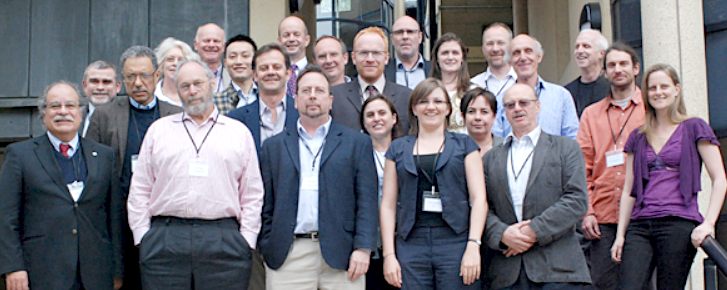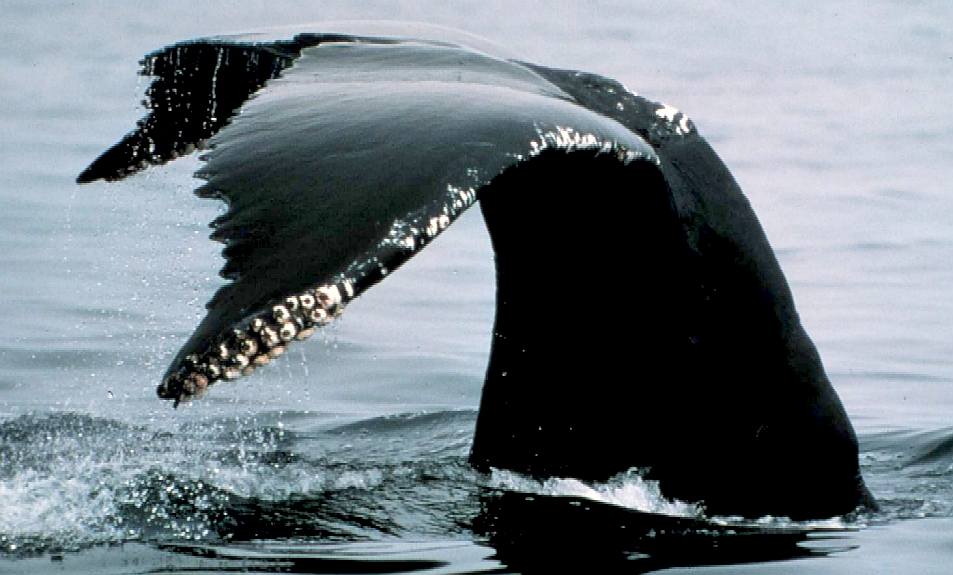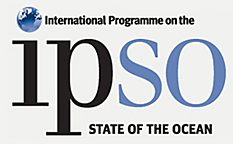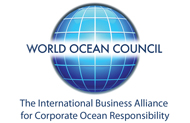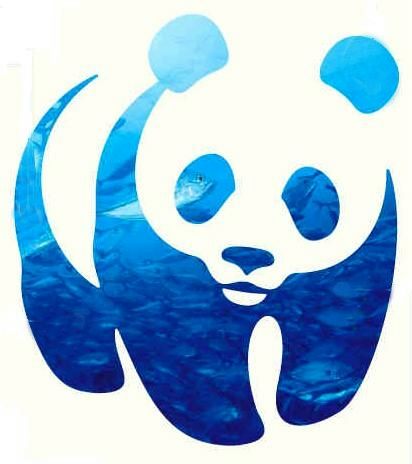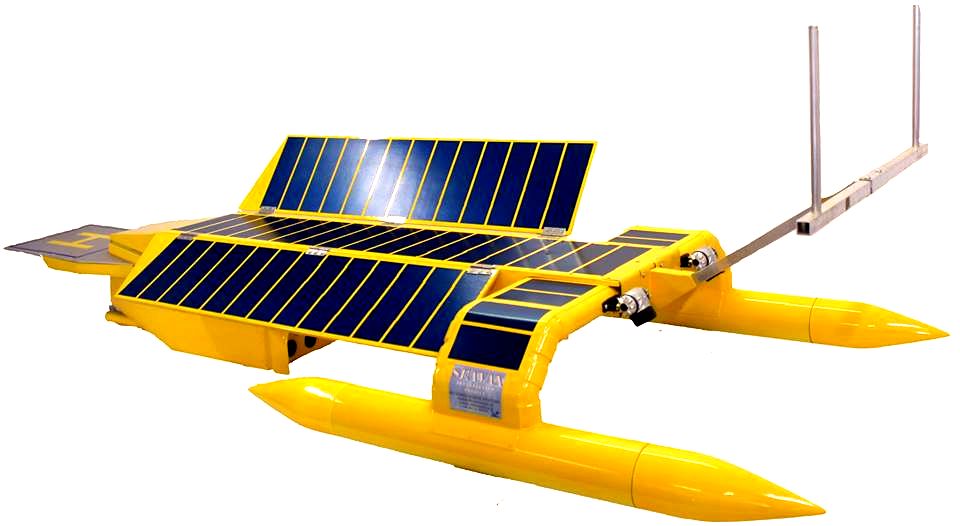|
STATE OF THE OCEANS - INTERNATIONAL PROGRAMME
|
||
|
The International Programme on the State of the Ocean (IPSO) focuses on the many factors that threaten the health of Earth's oceans. The organization is managed as a not for profit company registered in the United Kingdom. It is hosted by the Zoological Society of London. Dr. Alex Rogers is the Scientific Director of IPSO and Professor of Conservation Biology at the Department of Zoology, University of Oxford.
The biggest threat to our Ocean's health is climate change, with its twin super-dangers of rising sea temperatures and acidification. If we had the power and resources to address this single- handed, we would. As we don't, IPSO's remit is to reduce the other main stressors on the Ocean - summarized below - to give it the best chance of dealing with climate change.
The International Programme on the State of the Ocean (IPSO) was established to enable a greater scientific understanding of the role of the ocean at an Earth System level and to consider the consequences of the multiple stressors exerted upon it for
life on Earth.
REPORT ON THE OCEANS 2013
In June 2013 a report was released by the International Programmes on the State of the Ocean, announcing the results of a high level summit. Conclusions? It’s worse than we thought. We are rapidly accelerating toward the next wide-scale extinction event in the oceans, and the rate of change is faster than anticipated.
CLIMATE CHANGE REPORT ABSTRACT
The combined impact of warming, acidification and deoxygenation are already having a dramatic effect on the flora and fauna of the oceans with significant changes in distribution of populations, and decline of sensitive species. In many cases, the impacts of warming, acidification and deoxygenation are increased by the effects of other human impacts, such as pollution, eutrophication and overfishing.
The interactive effects of this deadly trio mirrors similar events in the Earth’s past, which were often coupled with extinctions of major species’ groups. Here we review the observed impacts and, using past episodes in the Earth’s history, set out what the future may hold if carbon emissions and climate change are not significantly reduced with more or less immediate effect.
FISHING
PROFESSOR ALEX ROGERS - Alex David Rogers is a Professor in Conservation Biology at the Department of Zoology, University of Oxford. In 1989 he obtained a B.Sc. (Hons) I Class in marine biology at the University of Liverpool. In 1992 he followed this with a Ph.D. in marine invertebrate systematics and genetics also from the University of Liverpool. His research focuses on the diversity, ecology, conservation and evolution of marine species.
IPSO CONTACTS
If you'd like to support the work of IPSO please contact:
Mirella
von Lindenfels Professor
Alex Rogers
GLOBAL PROBLEM - Each year fish stocks decline, while world population increases. It's not rocket science, it's basic economics - we need to boost the health of our oceans, starve, or face another world war - as warring factions fight for the fishing rights of third world and other states less able to defend themselves.
EARTH HAS LOST 50% OF WILDLIFE IN LAST 40 YEARS
The number of wild animals on Earth has halved in the past 40 years, according to a new analysis. Creatures across land, rivers and the seas are being decimated as humans kill them for food in unsustainable numbers, while polluting or destroying their habitats, the research by scientists at WWF and the Zoological Society of London found.
UPCOMING WOC AND RELATED EVENTS: SUSTAINABLE OCEAN SUMMIT 2015 9 - 11 NOVEMBER 2015 SINGAPORE
WOC-RELATED EVENTS - "Sea Asia 2015" Singapore, 20-22 April 2015 "World Ocean Summit 2015" - Cascais, Portugal, 3-5 June, 2015
LINKS & REFERENCE
http://science.kqed.org/quest/2011/07/14/the-state-of-the-ocean/ http://www.davidsuzuki.org/blogs/science-matters/2011/06/state-of-the-ocean-report-a-wake-up-call-for-the-world/ CNN news 2015 April 23 opinions lambertini ocean economy World Wildlife Fund reviving the oceans economy the case for action 2015 The Guardian environment 2014 September earth has lost-50 percent of wildlife in 40 years wwf Al Jazeera news 2015 April wwf report warns danger oceans Biodiversity connections wordpress sustainable ocean summit-2015-2-4-Nov Singapore Wikipedia International_Programme_on_the_State_of_the_Ocean SandyHook
SeaLife Foundation http://www.sea-asia.com/ http://www.stateoftheocean.org/ http://www.nrdc.org/water/oceans/policy.asp http://www.oceanhealthindex.org/ http://stateoftheocean.osmc.noaa.gov/ http://en.wikipedia.org/wiki/International_Programme_on_the_State_of_the_Ocean http://www.pml.ac.uk/Media_and_events/Events/World_Ocean_Council_%28WOC%29_3rd_Sustainable_Ocean_Su http://ioc-unesco.org/index.php?option=com_oe&task=viewEventRecord&eventID=1610 http://www.economistinsights.com/sustainability-resources/event/world-ocean-summit-2015 http://www.fao.org/ http://www.worldwatercouncil.org/ http://www.theguardian.com/environment/2014/sep/29/earth-lost-50-wildlife-in-40-years-wwf http://www.aljazeera.com/news/2015/04/wwf-report-warns-danger-oceans-150423142317932.html http://www.ibtimes.co.uk/wwf-ocean-important-business-asset-24tn-economic-value-quickly-deteriorating-1497832 http://theterramarproject.org/thedailycatch/worlds-seventh-largest-economy-headed-toward-collapse-the-ocean/ http://edition.cnn.com/2015/04/23/opinions/lambertini-ocean-economy/ https://www.worldwildlife.org/publications/reviving-the-oceans-economy-the-case-for-action-2015
A SEAVAX DRONE - This is a raw proposal for a robot ship that is designed to vacuum up plastic waste from the ocean based on the Bluefish ZCC concept. The vessel is solar and wind powered - and shares component with other ZCC variants. The front end (right) is modified so that there is a wide scoop area, into which plastic waste is funneled as the ship moves forward. The waste is pumped into a large holding bay after treatment, then stored until it can be off-loaded. The front of the ship sports two large wind turbines that generate electricity in combination with deck mounted solar panels to power the onboard processing machinery. The system can be semi-autonomous, such that in robot mode the vessel alerts and operational HQ to any potential problems and shares information as to progress for stake holders. The entire cleanup mission can be controlled from land, with visuals and data streams. A SeaVax ship would operate using a search program called SeaNet.
ARCTIC - ATLANTIC - BALTIC - BERING - CARIBBEAN - CORAL - EAST CHINA - ENGLISH CH - GULF MEXICO GOC - INDIAN - MEDITERRANEAN - NORTH SEA - PACIFIC - PERSIAN GULF - SEA JAPAN - STH CHINA PLASTIC
OCEANS - UNCLOS
- UNEP
- WOC - WWF
|
||
|
This website is Copyright © 2015 Bluebird Marine Systems Ltd. The names Bluebird™, Bluefish™, SeaVax™, SeaNet™ and the blue bird and fish in flight logos are trademarks. CONTACTS The color blue is a protected feature of the trademarks.
|

